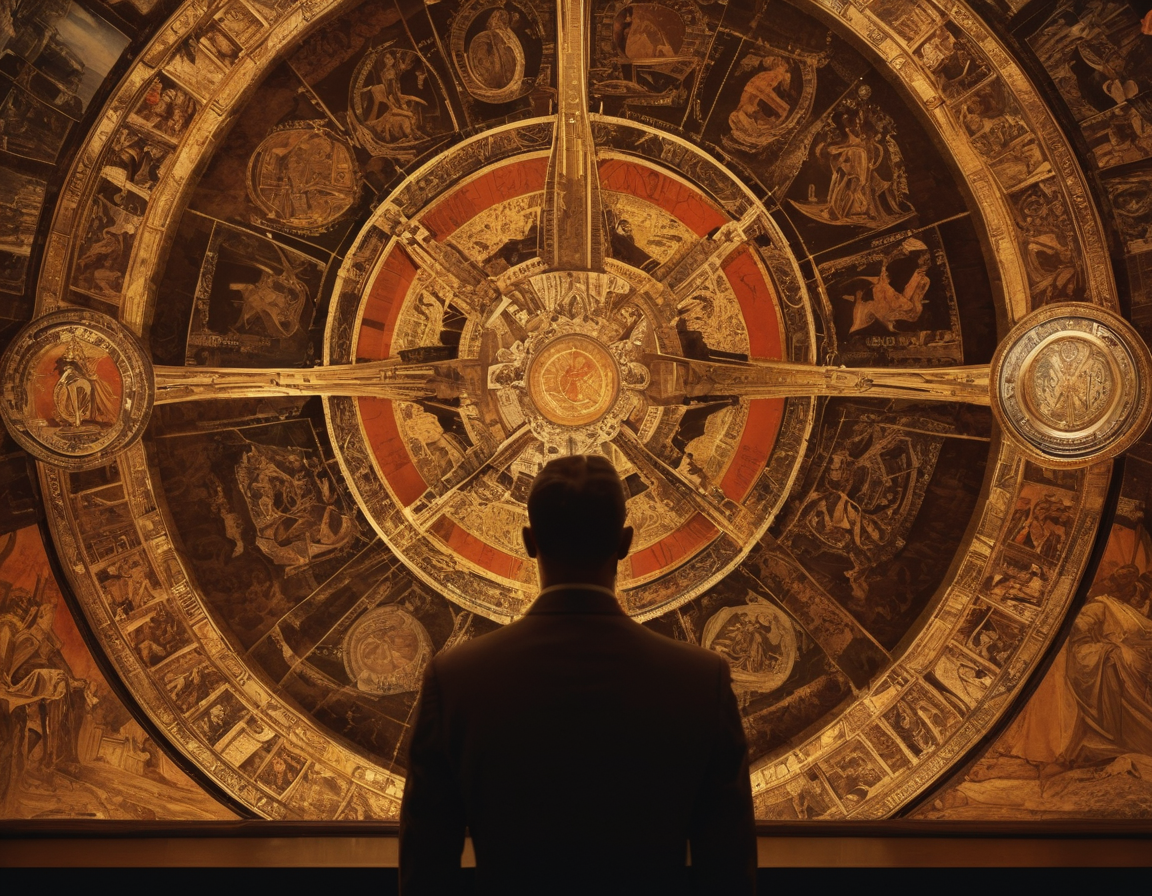Exploring the Impact of the Zeitgeist Film Series in Today’s Society
Unveiling the Zeitgeist: Influence & Controversy
When the ‘Zeitgeist’ film series first hit screens, it ignited conversations about society, belief systems, and global economics. Years after its release, we dive into how this series still challenges viewers and incites dialogue in today’s world.
The Origins and Themes of Zeitgeist
The ‘Zeitgeist’ films, created by Peter Joseph, started as a non-commercial project, evolving into a series with a significant cult following. Each film aims to critique current societal structures, touching on religion, finance, war, and the potential for global harmony.

Continued Relevance in a Changing World
Although over a decade has passed, the questions raised by the ‘Zeitgeist’ series remain pertinent. In an era of ‘fake news’ and widespread misinformation, these films encourage skepticism and research for truth.
Legacy and Lasting Discussion
Discussion forums and social media channels still buzz with debates over the ideas presented in each documentary. ‘Zeithgeist’ screenings are often followed by spirited conversations, reflecting on what has changed—or hasn’t—since their release.
Critical Reception and Public Reaction
Critics have both praised and condemned the ‘Zeitgeist’ films. Where some applaud their boldness, others scrutinize the accuracy of their claims. Yet, they continue to captivate new audiences eager to engage with their provocative narratives.
Final Thoughts: The Zeitgeist Movement
The ‘Zeitgeist’ film series may be most notable for sparking the Zeitgeist Movement, a grassroots movement advocating for societal reform based on the ideas presented. The movement’s goals include transitioning to a resource-based economy—an idea that still gains traction among certain circles today.
Share your thoughts on the ‘Zeithgeist’ series in the comments below, and join the discussion that spans across years and ideologies.







